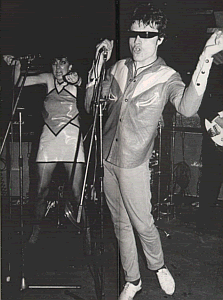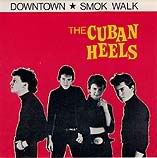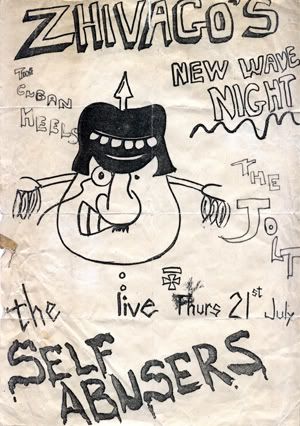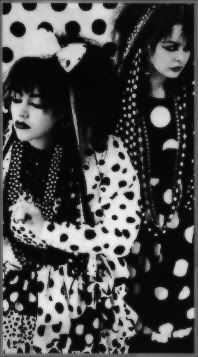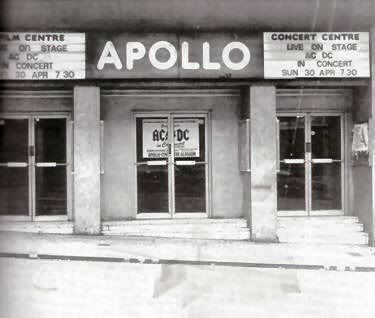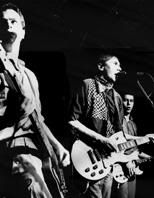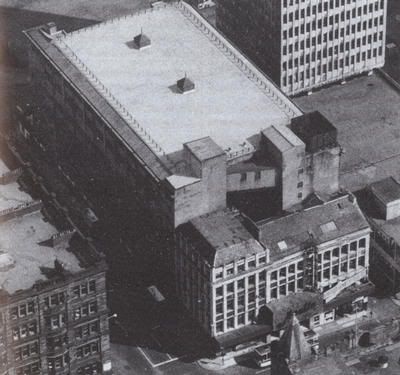 They came, they saw, they conquered. And afterwards, more often than not, the bands always raved about one particular thing: the infamous bouncing balcony.
They came, they saw, they conquered. And afterwards, more often than not, the bands always raved about one particular thing: the infamous bouncing balcony.On the the Glasgow Apollo web site, Warren Cann of Ultravox recalled watching "in stricken fascination as the balcony waved up and down under the assault of the fans' enthusiasm." Howard Jones described the balcony's oscillations being as great as four feet.
Fans were also amazed at the balcony's ability to shift considerably during a particularly raucous show. One of my favorite recollections in the aforementioned site's fan forum features a concertgoer (who was an engineer, as well) describing his trepidation over the balcony’s movement and his desire to not "end up in a twisted pile of brick, worn carpet, metal, and human remains with Brian Johnson's 400-fags-a-day voice ringing in what's left of my head."
So, did the famous balcony at the Apollo really bounce as much as several feet? Or has the passage of time and the enthusiasm that comes with reminiscing about a building so cherished distorted the memories?
It could very well be the latter. According to this write-up, one of the universities in Glasgow sent members of its engineering department to the Apollo for a Status Quo concert. Status Quo were the perfect choice for such an experiment, seeing how the band were local favorites and known for their boisterous shows at the venue (the London outfit also recorded a live album there).
According to the engineering department afterwards, the balcony never shifted more than one inch. The pronounced movements so many talked about were just an optical illusion, the effect of having so many individuals moving in unison. It's like John Ford said, "When the legend becomes fact, print the legend."
See it for yourself. "Riff Raff" by AC/DC. A peek inside the famous venue courtesy of a rawkin' number from AC/DC.
